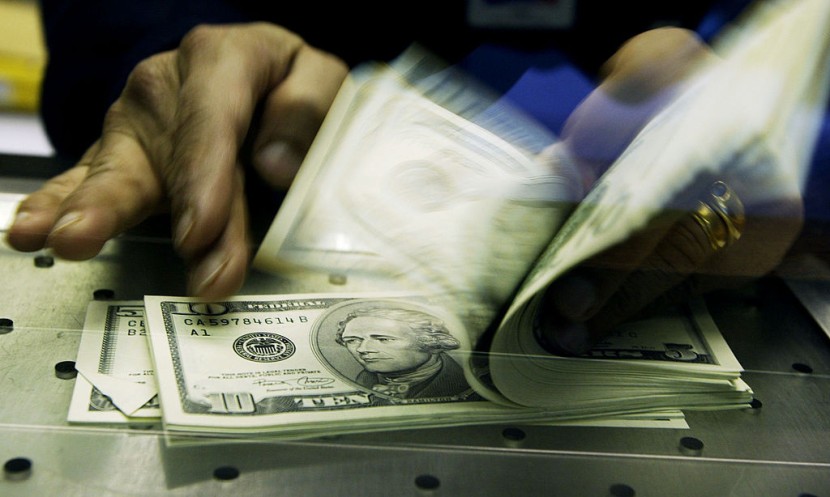
In July 2020, a warning to businesses has been posted by Chad McMahan, Mississippi state senator, telling the business owners that refusing to handle cash amidst the Covid-19 pandemic because of fears of transmitting the virus through surface contact was against the law.
In his post, the senator forewarned those businesses, which refused to accept cash, Legal Tender, in Mississippi.
Notice to businesses not accepting cash, Legal Tender, in Mississippi. I've had several people reach out to me about... Posted by Senator Chad McMahan on Wednesday, July 8, 2020
The senator thanked someone named Scott for sending him an email. On the post, McMahan said that he has received numerous complaints of people, who tried to reach out to him, regarding the issue that was happening in the state. The senator was calling out for the residents of Mississippi to report to him companies, which will not accept their cash payments. Adding that once these companies will be named, they will be receiving calls from the senator's office, the Department of Revenue, and the office of the Attorney General.
However, when viewed in the legal sense, the senator was incorrect about his claims, there was no existing federal law that requires all types of businesses in the US to receive coins or currency as payment for either services or goods, Snopes reported.
The earmarking of currency or coins as "legal tender" does not imply that all salesmen, for all types of transactions, must accept those as a form of payment.
In a nutshell, when a debt has been acquired by one party and it has been agreed by the both sides that the medium of exchange will be cash, then legal tender must be accepted to settle the debt. However, if there is no agreement, the trading party has the choice to choose whichever medium of exchange it wanted, which could be in dollars, food, precious gems,services, whiskey, and the likes. The selling party may also accept cash payment by way of alternative forms such as check, credit, or debit card and money order, rather than currency or coin itself.
Several questions regarding the acceptability of legal tender were answered by the US Treasury on their website. One question posted on the website asked whether the United States currency was legal tender for all sorts of debts. The question also wanted to clarify if it is legal for some government agencies or businesses to say that they will only be accepting credit cards, money orders, or checks as payment and the rest will only accept currency notes in denominations of $20 or smaller.
The question was answered by the agency, saying there was no existing federal law that mandated private businesses to accept coins or currency as payment for goods or services. And added that the private business has the freedom of developing their own policies when it comes to accepting or not cash as payment unless it is declared by a State Law.
As noted on the answer provided by the agency, although there was no federal regulation requiring businesses to accept coins or currency as payment, the local statute may do so. Since 1978, Massachusetts has had such law, and in 2019 similar legislation has been enacted in New Jersey. Some cities like Philadelphia and San Francisco have disallowed stores from going cashless as well.
Related article: Fact Check: Did Joe Biden Say Taxpayers will Fund Health Care of Illegal Immigrants?
© 2026 HNGN, All rights reserved. Do not reproduce without permission.








